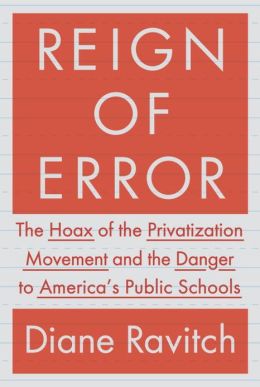When I first read the Common Core State Standards, I liked them. I didn't see anything controversial in the descriptions of the behaviors of speaking, listening, reading, and writing that are obvious in an educated person. I really liked the requirement that students increase their reading of nonfiction, hoping that the CCSS would be an opening for us authors of children's nonfiction to see our books finally utilized for classroom work. Also, it was clear that we authors are masters of the CCSS skills ourselves. They perfectly describe what we do every day. If you're wondering just how we do it, check out our group blog of top children's nonfiction authors, Interesting Nonfiction for Kids or I.N.K. We are devoting the month of October to discussing how we exhibit the Common Core State Standards in our craft and our books. It is a fascinating overview of the CCSS in action and shows how these overarching standards can be manifested though many individual approaches, the same way great teachers also incorporate them into the art of teaching.

For a little more than a year, I served on the board of a charter school for minority students. I was amazed at how well-funded it was and how many people were feeding at money trough from educational consultants, to building contractors to internet equipment suppliers. There was relatively little left over to buy classroom sets of books by authors like me. Like most classrooms, the hegemony of the text book publishers dictated school reading materials -- a one-size-fits-all approach to curriculum content. This was a science/technology elementary charter school and I was on the board because I know something about teaching science. I left because my services in this regard were under-utilized (mostly I voted on stuff I didn't know much about, like who should be the school's accountant and what food service should be hired) and NY State precludes schools from doing anything commercial with board members -- even buying a few books with my name on it as author could be deemed a conflict of interest. (You can see that I'm trying to keep myself pure.)
So instead of following the money in this post, I thought it might be useful to show where money is NOT a corrupting factor. Merit pay and bonuses for teachers do not improve teaching as reported in the Huffington Post two years ago. If you read Daniel Pink's book Drive: The Surprising Truth About What Motivates Us you'll understand that, assuming they're being paid a living wage, the reward for great teachers is the light they see in the eyes of their students. It is this intrinsic motivation that is behind teachers who spend their own money on supplies for their classrooms, who stay after hours to tutor a student, who show up for weekend events where their students are participating. It is in seeing how their students grow and change in their class.
As a children's nonfiction author the possibility that the CCSS might lead to more money for my household is something I can't ignore. Unlike teachers, most of us full-time writers don't have day jobs. We cobble together a livelihood from publishers' advance money, royalties and school visits. Like most self-employed people our revenue stream is uneven, leading to occasional white-knuckle cash-flow crises. But we are, without exception, passionate about what we do. (By definition "passion" means a willingness to suffer for love.) Our careers are motivated by our love of learning, devotion to our particular disciplines and the joy of sharing our passions with children through writing. We also guard our autonomy; no one owns us. Yes, we must meet certain standards or we will not get work. Since we don't have a captive audience, as textbooks do, we must write to captivate. Earning a living as a free-lance nonfiction author is a highly-competitive endeavor despite that fact it is not particularly lucrative.
At one point or another, in taking jobs to support our careers, most of us have experienced "the golden rule" i.e. the one who has the gold rules. We have opted for a life of a financial uncertainty in exchange for freedom of expression and the pursuit of happiness. Our publishers don't have the economic muscle or marketing acumen to fight the textbook manufacturers who are cozy with state education bureaucrats and can impose their will on school districts. Our constituency consists of school media specialists, some savvy classroom and reading teachers, professors of children's literature and many home-schoolers who are motivated to bring the love of learning to children. (Sadly, budget cuts are thinning their ranks.) Read us. You'll like us. That's my primary motivation for beating the drum for our genre.
Do you still love to learn? Check out our website and see if any of our books are something you might want to read. One of the best kept secrets for adults is if you want to learn something new, read a kid's book on the subject. Our books are already in most public libraries -- a movement established by Andrew Carnegie's philanthropic efforts to provide the public with free access to knowledge. He required every town that applied for an endowment to explain why they wanted a library, to provide a building site and contribute 10 percent to the construction (their financial buy-in), and to pledge to provide free service to the public. Until our book sales find their way into the classroom, it is libraries that enable us authors to pay our bills. I like to believe that libraries are examples of high standards for the public good still uncorrupted by money.
